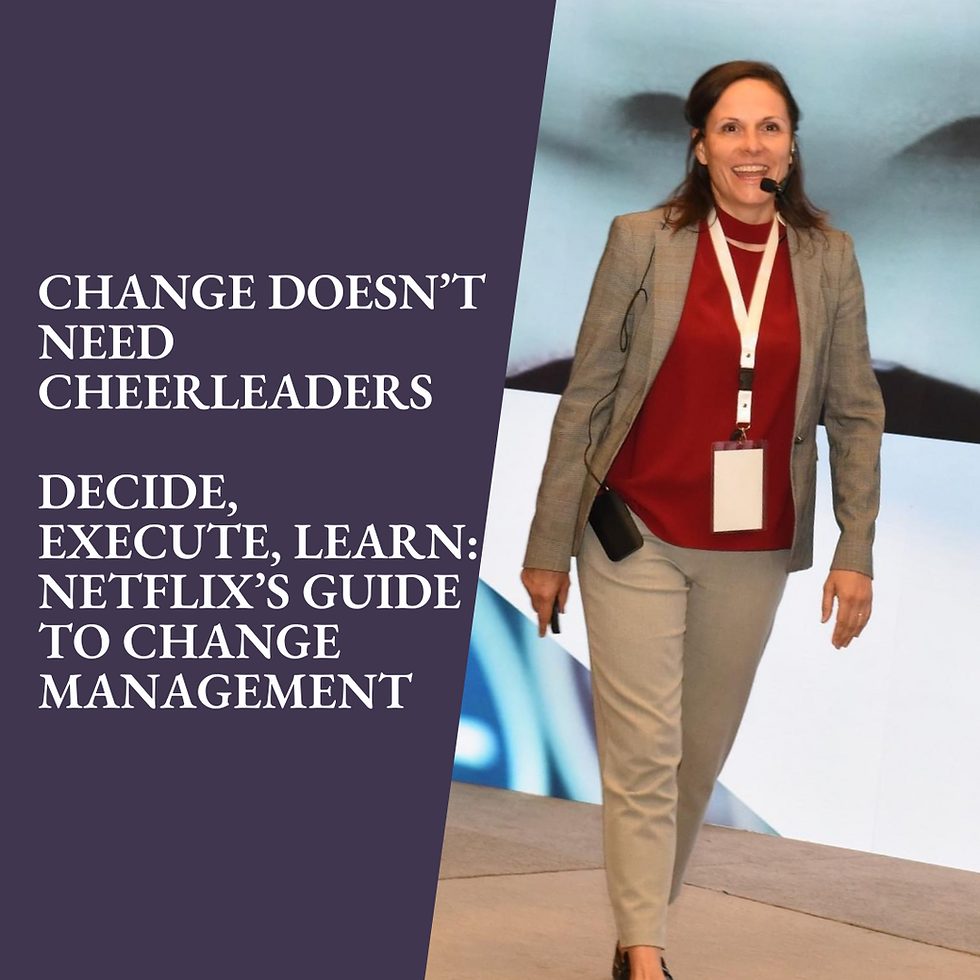Whose Responsibility is to Develop Leaders?
- Szilvia Olah

- Jul 15, 2023
- 2 min read
The difference between the mindset of founders and full-time leaders is just starting to be clear to me. OMG!
As I opened up the next group for the High Altitude Leadership Bootcamp, I had several meetings with young founders and startup CEOs looking to understand better who they are, how that shapes how they lead, and the reason they struggle sometimes.
I also had a few calls with senior leaders who are in full-time employment. The difference is striking, and I am so glad to witness this.
Firstly, full-time employees are all about "I don't have time", "My annual leave is already planned", etc. BUT that's not what surprised me.
What shocked me was the degree of entitlement of full-time employed leaders regarding leadership development. They feel it is their right and the company's responsibility to develop them.
Needless to say, that is different with founders and startup CEOs. They take charge of their development and aren't afraid to invest in it. They know that they are developing themselves and will use the skills to build better companies or take the skill with them no matter where they end up.
As for the full-time employed leaders, I noticed a complete rejection of responsibility for their growth.
I talked to my friend about it, and we had a healthy debate about who is responsible for developing leaders. I believe that it is a shared responsibility, and both parties should invest equally. It is desired that both parties have just as much interest and input in the development of the individual.
What does it tell us when leaders rely on the company and feel entitled to be developed but unwilling to invest in their growth?
Why should a company fully invest in one's competence that will be taken from the organisation when the person leaves?
Wouldn't it be fairer to share that cost? Let's say the company sends me for a development program (not training or knowledge required for me to do my job well) once a year to help me progress in my career or be a better leader. Another development program within a calendar year should be expected to be initiated, managed, and paid for by me. Now it may not be equal in monetary value, but it would undoubtedly demonstrate my willingness, determination and dedication towards my growth.
Shouldn't we ask leaders to take partial ownership of their development instead of encouraging their sense of entitlement?

.png)



Comments